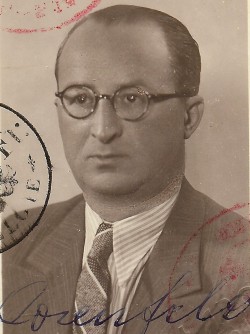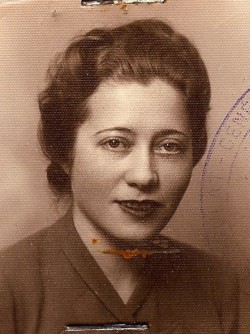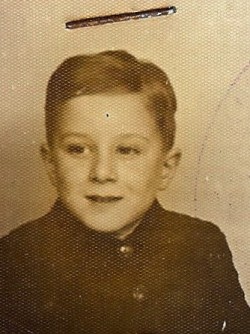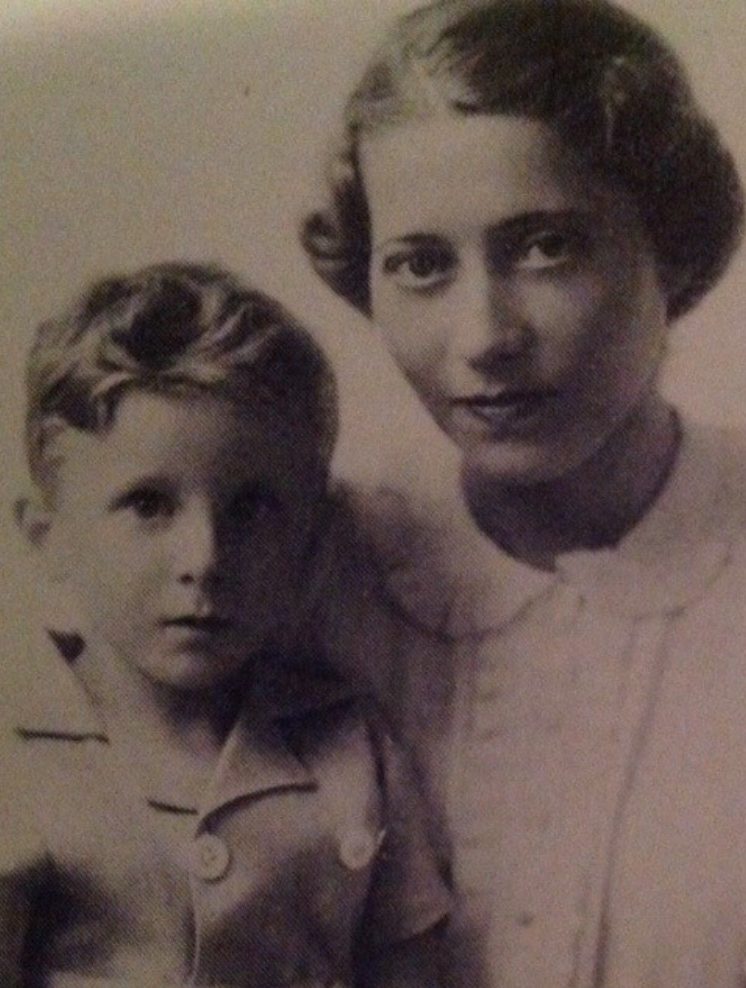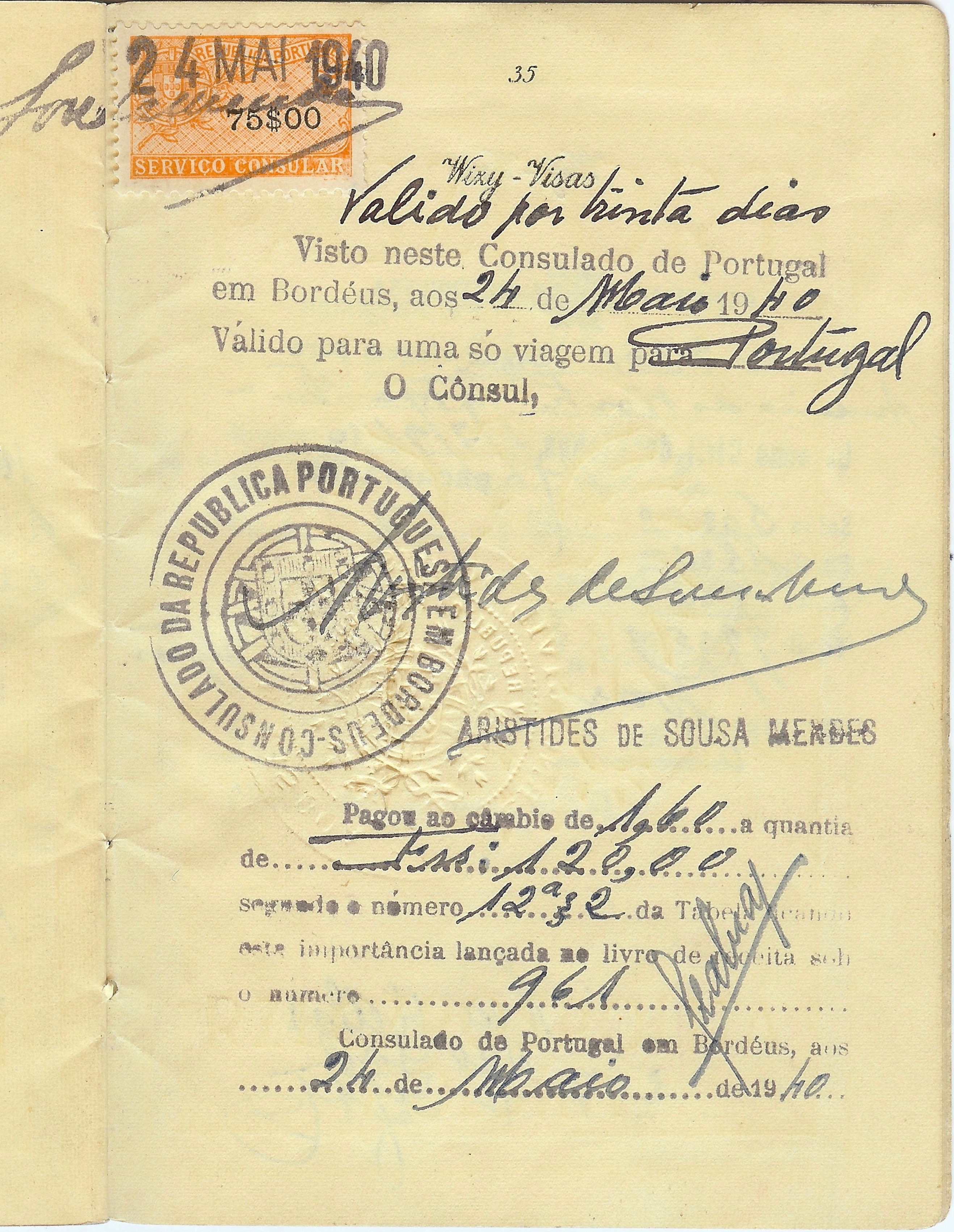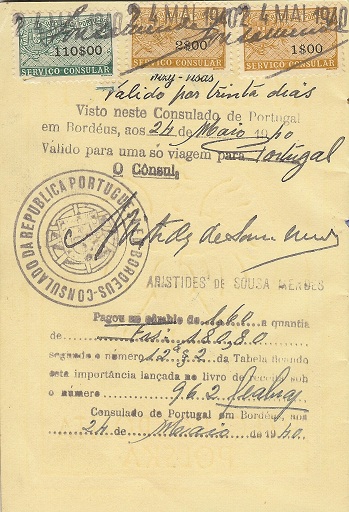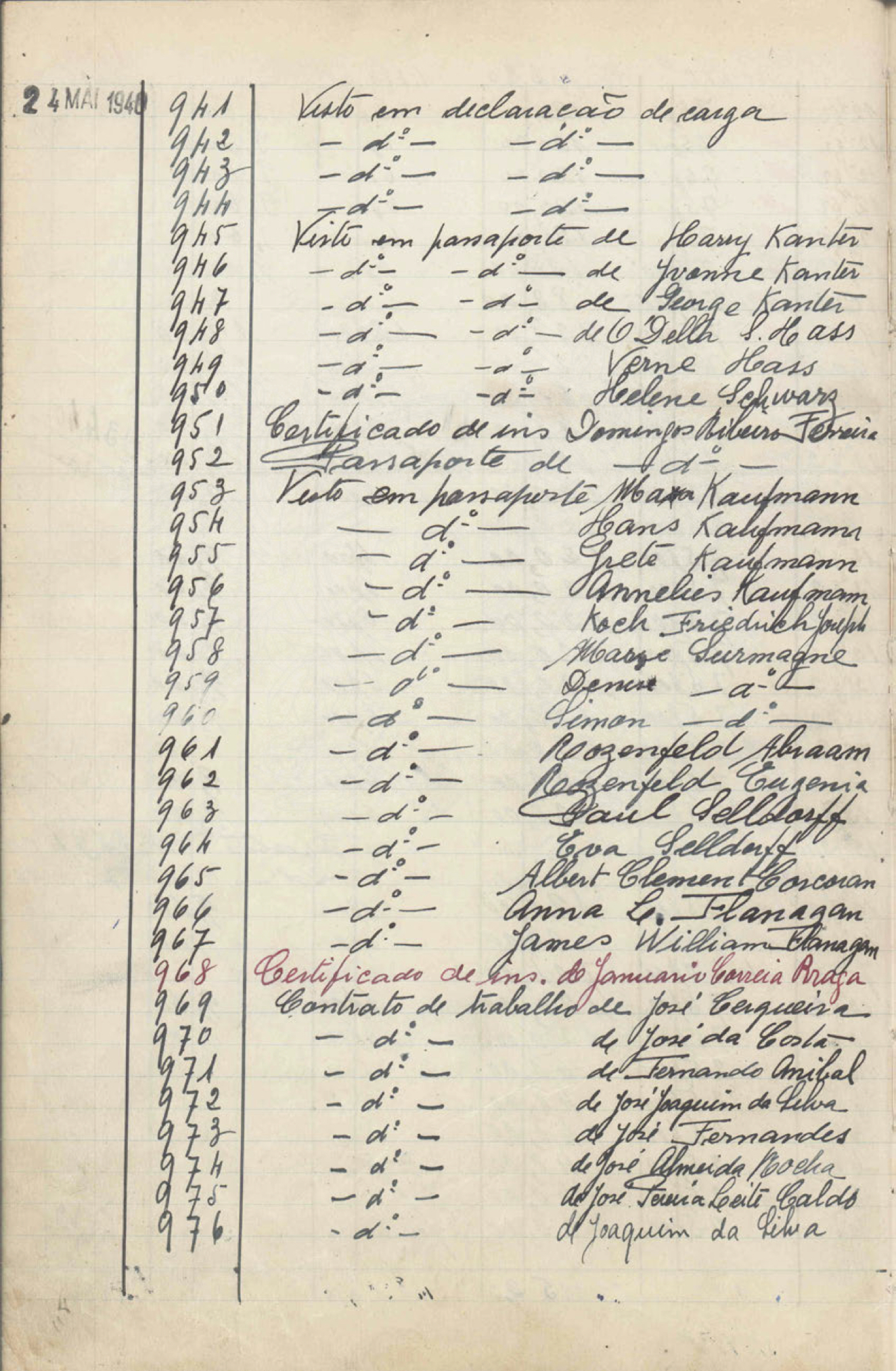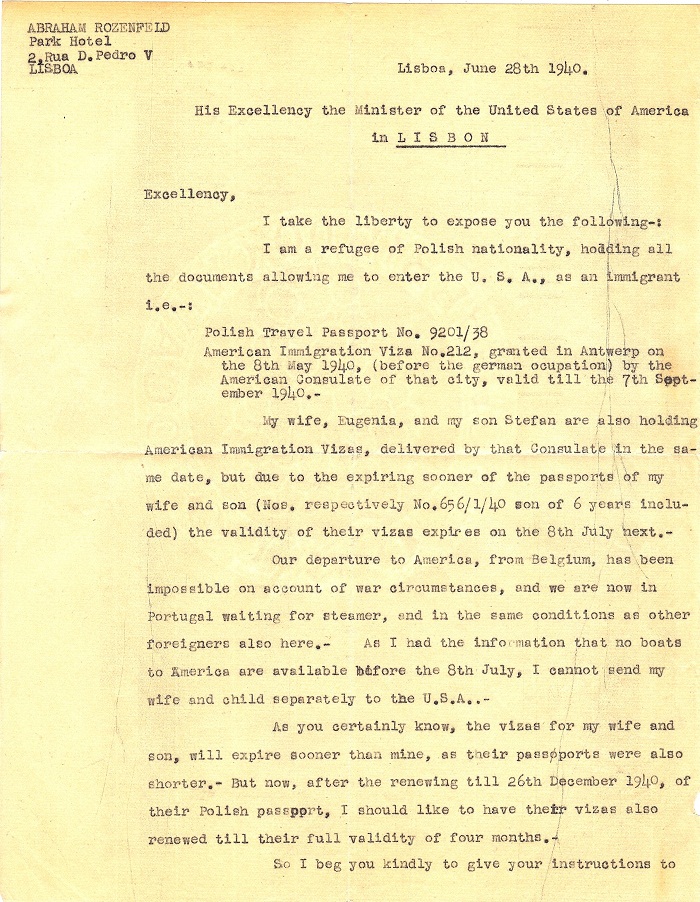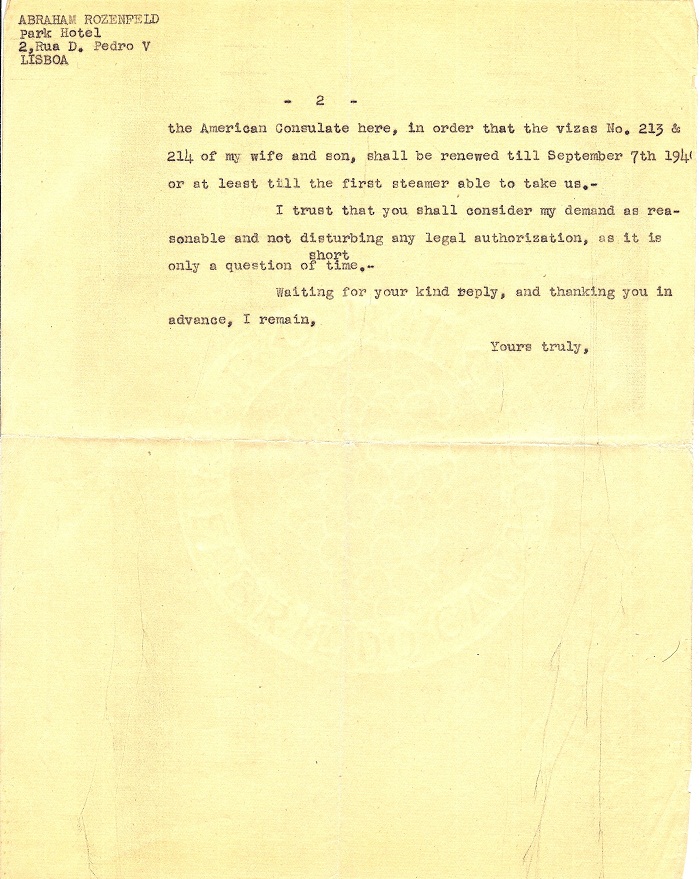Rozenfeld
Visa Recipients
- ROZENFELD, Abraham P A
Age 41 | Visa #961 - ROZENFELD, Eugenia née JELIN P A
Age 35 | Visa #962 - ROZENFELD, Stefan V P A T
Age 6
About the Family
The ROZENFELD family, from Lodz, Poland, received visas from Aristides de Sousa Mendes in Bordeaux, France on May 24, 1940.
They crossed into Portugal, where they resided in Lisbon. In July 1940 they sailed to New York on the ship Nea Hellas.
In 1945 they were naturalized as U.S. citizens.
- Video
- Photos
- Artifacts
- Testimonial
Testimonial of Stephen Rozenfeld, 2016
When the war started on September 1, 1939, my father was in Belgium on a business trip. After a harrowing, slow journey from our home city, Lodz, on a hay cart pulled by one horse, my mother and I, my maternal grandparents, my maternal uncle and his wife, and two friends of theirs arrived in Warsaw.
We stayed there in an apartment house in which the basement proved a valuable, often used bomb shelter. After approximately one week, my mother and grandparents and I went back to Lodz. Sometime thereafter, my father found out that the Bolivian Consul General in Hamburg, Germany was issuing visas to Bolivia to those who could pay for them. He finally managed, after some time, to contact this diplomat and secured the visas.
Getting permission from the Nazi officials in Lodz to leave proved more difficult, but it was finally granted. The date for my mother and me to leave was shortly after mid-November, but I came down with appendicitis. After surgery, and a long recuperative period, and some hard-fought extensions, we were allowed to leave on January 18, 1940.
Before boarding the train to Hamburg, my mother admonished me not to say a word on the whole trip. She, the beneficiary of a German school education in Lodz, spoke fluent German and made the ride much easier for me, a totally non-German speaker. The following day, accompanied by the Consul's wife and son, we rode by train to the Belgian border, where, after five months of separation, we were reunited with my father. Living in Brussels, learning to speak French, and eating was great fun....until... May 10, 1940, surely "a day that will live in infamy," when Hitler invaded Belgium and Holland.
So, now there were three Rozenfeld refugees "on the run." From Brussels to the Belgian coastal town of La Panne, into France by rail, and through France to near the English Channel the same way. My father failed in attempts to get visas to England, and we turned back, again by rail through Paris and into southern France winding up in Bordeaux.
That city is where a most important event occurred. My father heard that visas might be available at the Portuguese consulate for safe passage, through fascist Spain to Portugal, a neutral country. I don't know how many visits to that consulate he made, but on May 24 we received our Portuguese visas signed by the Consul General, Aristides de Sousa Mendes. This wonderful human being, father of fourteen children, with his whole family and the consular staff in Bordeaux and a neighboring city Bayonne worked a miracle in June.... My father also got American visas for us in Bordeaux.
On to Portugal, and Lisbon, the capital and busy port. Alas, my father finally ran out of funds. A New York bank, where he had some money, blocked his access to them due to the European war. Then, another miracle occurred. My parents met a woman who was on vacation in Lisbon with her granddaughters. Her name was Marilla Cole, an old line American from Upper Montclair, New Jersey, whose family was in the American diplomatic foreign service. She lent my father money for passage, found us a ship, and guaranteed our journey to America. So, on July 12, 1940 we docked in Hoboken, New Jersey, and thus began the happiest part of my life.



